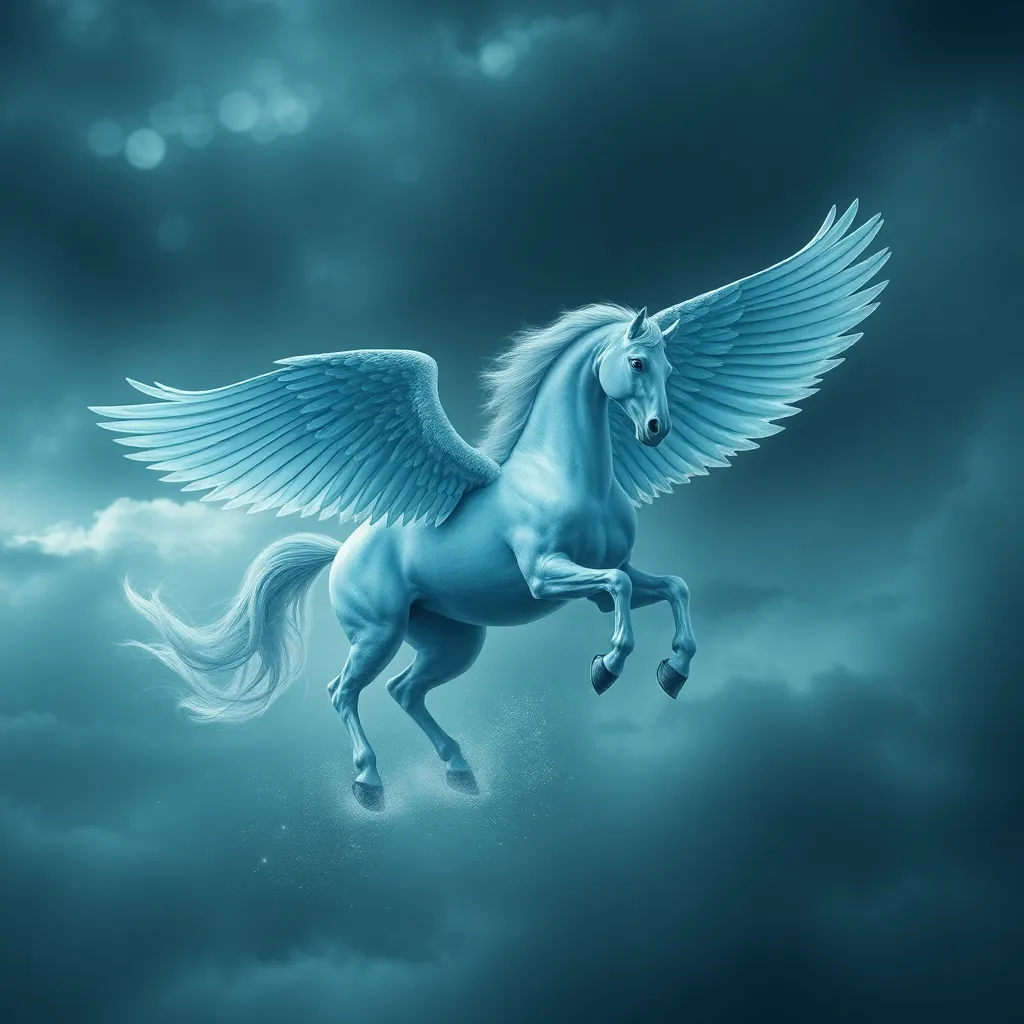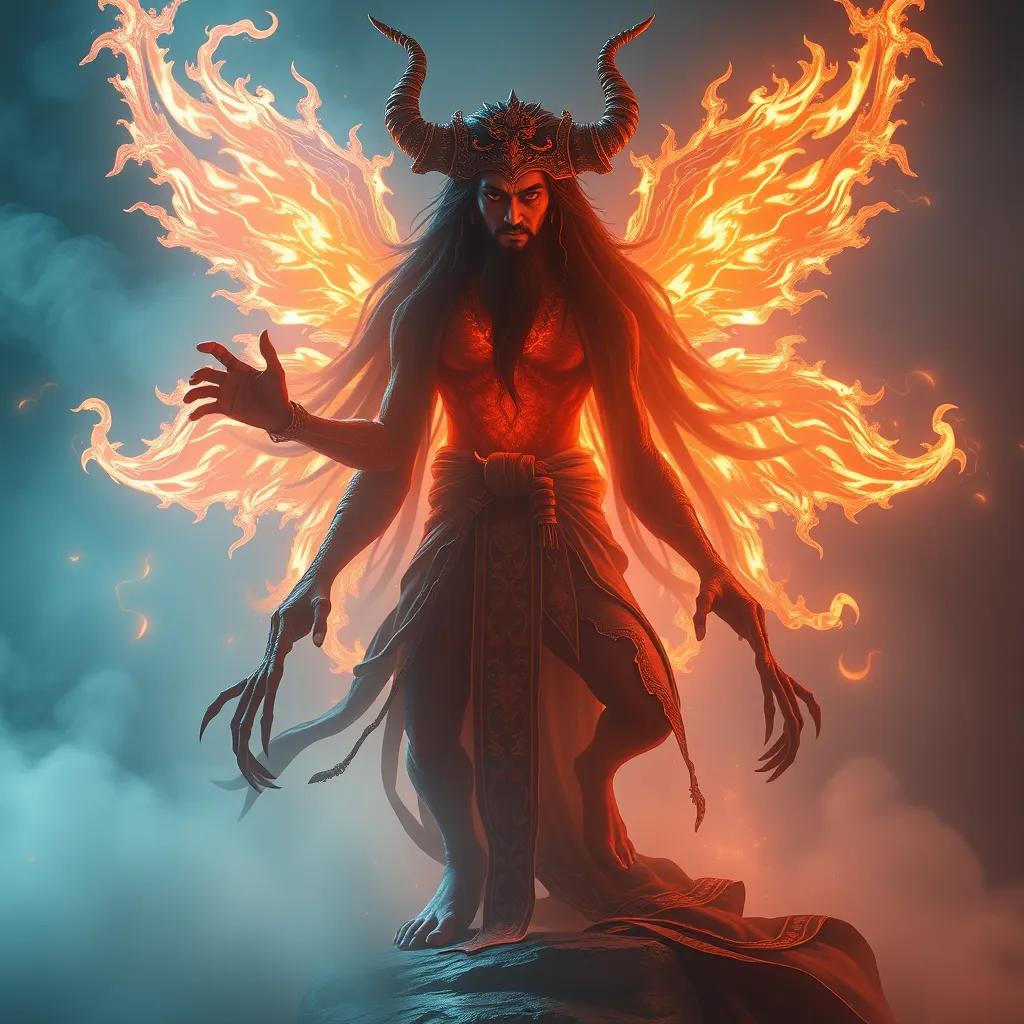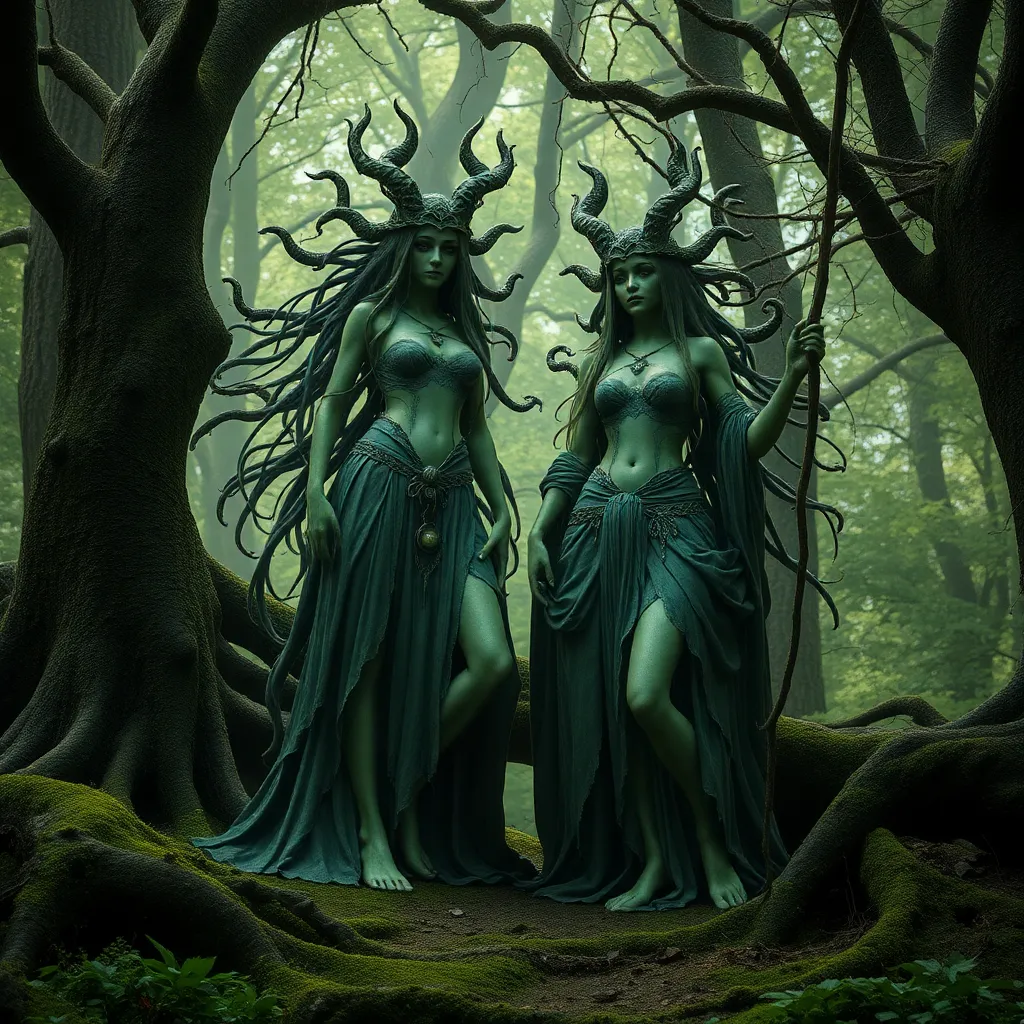The Legacy of the Winged Horse: Examining the Enduring Appeal of Pegasus in Contemporary Culture
I. Introduction
Pegasus, the winged horse of Greek mythology, has captivated the human imagination for centuries. This mythical creature, born from the blood of Medusa, embodies a unique blend of beauty, power, and freedom. Its significance extends beyond ancient tales, echoing through various cultures and art forms.
Throughout history, Pegasus has been a symbol of inspiration, often associated with the muses and the arts. The purpose of this article is to explore the contemporary relevance of Pegasus and its continued influence on various aspects of modern culture.
II. Mythological Origins of Pegasus
A. The birth of Pegasus in Greek mythology
Pegasus first emerged in Greek mythology as the offspring of Medusa and Poseidon. According to legend, he sprang forth from Medusa’s neck when she was slain by the hero Perseus. This dramatic birth not only marks Pegasus’s inception but also ties him to themes of transformation and duality.
B. Key myths and stories featuring Pegasus
Pegasus is prominently featured in several myths, including:
- Bellerophon and the Chimera: Bellerophon, a mortal hero, tamed Pegasus and rode him into battle against the monstrous Chimera.
- The Muses: Pegasus is often associated with the Muses, inspiring artists and poets.
- The Spring of Hippocrene: Striking his hoof upon Mount Helicon, Pegasus created a spring that bestowed poetic inspiration.
C. Symbolism and attributes associated with Pegasus
Pegasus symbolizes various concepts, including:
- Freedom and transcendence
- Inspiration and creativity
- Beauty and grace
III. Pegasus in Art and Literature
A. Historical representations of Pegasus in classical art
Pegasus has been a popular subject in classical art, depicted in sculptures, pottery, and paintings. Ancient Greek vases often illustrate scenes of Bellerophon riding Pegasus, showcasing the creature’s majestic form and wings.
B. The role of Pegasus in literature from antiquity to modern times
In literature, Pegasus has appeared in works from ancient Greek epics to contemporary novels. Notable examples include:
- Hesiod’s “Theogony”: This text details the lineage of Pegasus and his significance among the gods.
- “The Last Unicorn” by Peter S. Beagle: Pegasus serves as a symbol of hope and beauty in this modern fantasy.
C. Contemporary artists and authors who draw inspiration from Pegasus
Today’s artists and writers continue to find inspiration in Pegasus, exploring themes of flight, freedom, and creativity. Notable contemporary works include:
- Illustrations by artists like Julie Bell, who depict Pegasus in fantastical landscapes.
- Literary references in novels and poems that evoke the spirit of Pegasus.
IV. Pegasus in Popular Media
A. The portrayal of Pegasus in film and television
In modern cinema and television, Pegasus has made numerous appearances. Films like Disney’s “Hercules” reinvent the character, giving him a playful and heroic persona, while other adaptations explore darker themes.
B. Pegasus in video games and digital storytelling
Pegasus also features prominently in video games, where players can ride or summon the mythical creature. Titles such as “God of War” and “Final Fantasy” introduce Pegasus in ways that enhance gameplay and narrative depth.
C. Analysis of merchandise and branding featuring Pegasus
The image of Pegasus has been utilized in various merchandise and branding efforts, from toys and clothing to corporate logos. Companies often employ the symbolism of Pegasus to convey messages of innovation and creativity.
V. Pegasus as a Symbol of Inspiration and Freedom
A. The association of Pegasus with creativity and artistic expression
Pegasus has long been linked to the arts, inspiring countless works across disciplines. Artists often view him as a muse, embodying the spirit of inspiration that drives creativity.
B. The representation of Pegasus in the context of personal and societal liberation
Beyond the arts, Pegasus represents broader themes of liberation. He is seen as a figure who transcends earthly limitations, encouraging individuals to seek freedom and express their true selves.
C. Case studies of public figures who embody the spirit of Pegasus
Many public figures have embraced the symbolism of Pegasus in their work, including:
- Artists: Creators like Frida Kahlo, who used their art to explore identity and freedom.
- Activists: Figures advocating for social change, embodying the liberation that Pegasus represents.
VI. The Modern Myth-Making of Pegasus
A. The transformation of Pegasus in contemporary retellings
In contemporary narratives, Pegasus often undergoes transformations that reflect modern values and themes. From heroic figures to complex characters, Pegasus is reimagined to resonate with today’s audiences.
B. The appeal of Pegasus in fan fiction and online communities
Online platforms and fan fiction communities have embraced Pegasus, creating new stories and interpretations that expand upon traditional myths. This form of modern myth-making fosters a sense of community and shared creativity.
C. The role of social media in reshaping the narrative of Pegasus
Social media has played a significant role in popularizing Pegasus, with hashtags and posts celebrating the creature’s beauty and symbolism. This digital landscape allows for new storytelling methods, further embedding Pegasus in contemporary culture.
VII. The Cultural Significance of Pegasus Today
A. Pegasus in branding and corporate identity
Pegasus has been adopted in various branding efforts, symbolizing excellence and innovation. Notable companies leverage the imagery to convey dynamic growth and creativity.
B. The impact of Pegasus on contemporary fashion and design
The influence of Pegasus is evident in fashion and design, where motifs of the winged horse appear in clothing lines, accessories, and interior design, often suggesting elegance and freedom.
C. The relevance of Pegasus in discussions about mythology and identity
Pegasus serves as a lens through which to explore discussions about identity, mythology, and cultural heritage, prompting individuals to reflect on their own narratives and inspirations.
VIII. Conclusion
Pegasus’s enduring appeal in modern culture highlights his significance as a symbol of creativity, freedom, and transcendence. As we reflect on his legacy, it is clear that Pegasus will continue to inspire generations through art, literature, and popular media.
The future of Pegasus in contemporary storytelling appears bright, with new interpretations and adaptations emerging in various forms. Ultimately, the legacy of the winged horse will remain a vital part of our cultural landscape, reminding us of the beauty and power of imagination.




